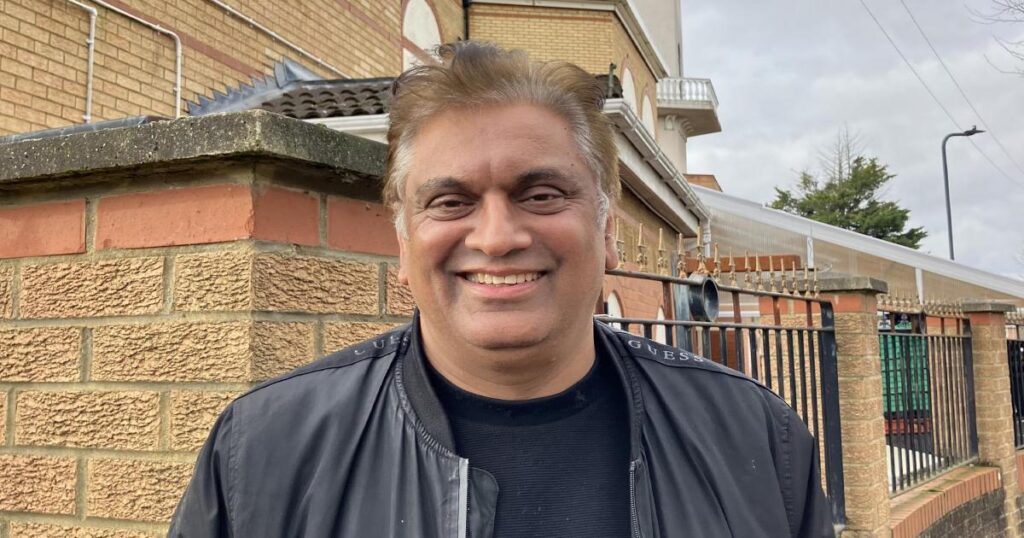Raja Khan from Willesden is one of thousands of people from Black and Asian communities who have been contacted through the initiative about screening.
The campaign is aimed at areas in Brent where testing is below average.
Regular talks are now being given at community venues like Willesden’s Central Mosque about getting tested.
Raja, 58, stayed after prayers for a talk by Brent Health Matters coordinator Nazia Ali and is glad he did so.
“I learned that it was time to get tested at my age, which I probably should have done a few years ago,” he said.
“I ordered the kit after the talk and have now sent it back. It’s better to be safe.
“We have a lot of elderly people here who are at risk, so it was useful that Nazia gave the talk in several languages.”
Screening is lower in ethnic communities than the rest of the population, the NHS says.
Only half are getting checked, NHS figures show, whilst 70 per cent of the White population who should be screened have done so.
There are often barriers such as not speaking English or some declining the test, according to the Brent Heath Matters programme by the NHS in partnership with GPs, pharmacists and Brent Council.
But take-up rates in deprived areas that were targeted have now improved by two per cent.
Brent Council’s public health cabinet member Neil Nerva said: “These may sound like small improvements but this targeted approach is making a difference and creating a culture of getting screened.”
Nine GP practices with the lowest uptake of screenings have been running a search on their records for patients at risk who had not been tested.
They phoned 2,000 patients and found 1,400 were willing to be sent a test kit.
A third completed the test and returned the kits with almost all having normal results — only two showed abnormalities and just one was at high risk.
Raja plans to get tested every two years and is urging anyone over 50 to do the same.




